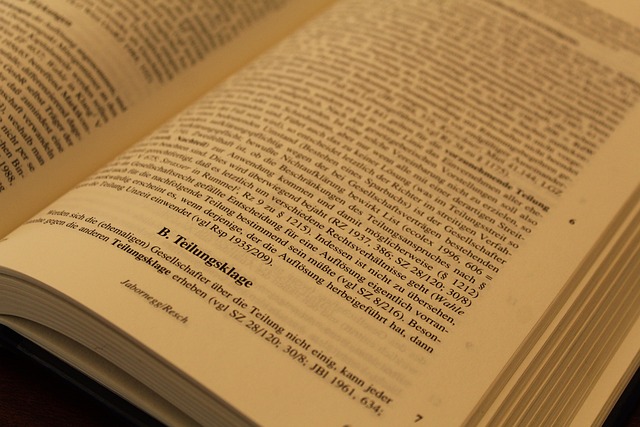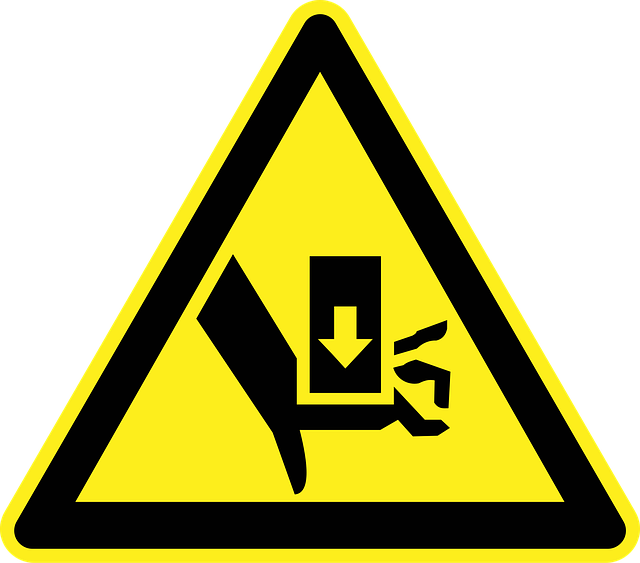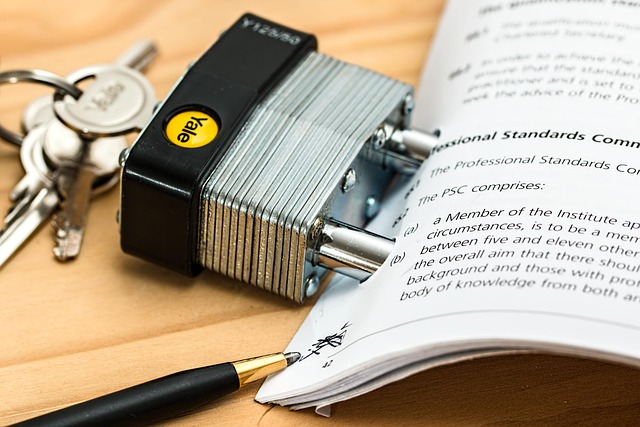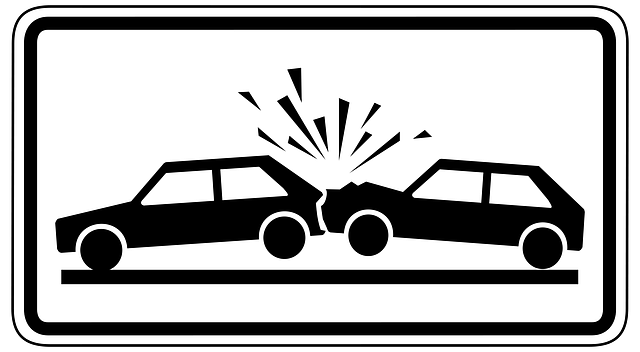Understanding state jurisdiction and consumer protection acts is crucial for defective auto parts lawsuits. A defective auto parts lawyer navigates legal nuances, including venue selection in federal and state courts, based on part manufacturing, purchase, and harm locations. These professionals ensure victims' rights are protected, guiding them through liability rules, recoverable damages, and claim procedures to secure compensation for accidents caused by faulty parts.
In the complex landscape of product liability, state laws play a pivotal role in shaping cases involving defective auto parts. This article navigates the intricate web of regulations that impact such lawsuits, focusing on jurisdiction, consumer protection, and manufacturer liability. Understanding these legal nuances is crucial for both consumers seeking justice as defective auto parts lawyers and businesses aiming to comply with evolving standards. By exploring these aspects, we provide insights into the dynamic realm of automotive product safety regulation.
- Understanding State Jurisdiction in Defect Cases
- Consumer Protection Acts and Their Role
- Liability Rules for Auto Parts Manufacturers
Understanding State Jurisdiction in Defect Cases

When it comes to defective auto parts lawsuits, understanding state jurisdiction is crucial. Each state has its own laws governing product liability and consumer protection, which can significantly impact how a case unfolds. A defective auto parts lawyer will often need to navigate these legal nuances, as the applicable laws can dictate who can sue, where they can file, and what types of damages are recoverable.
State jurisdiction in defect cases also plays a critical role in determining venue, or the proper court location for trial. Unlike federal courts, which follow specific rules for jurisdiction based on dollar amounts in dispute or the citizenship of parties involved, state courts have varying criteria. These can include the place where the car was manufactured, purchased, or where the alleged harm occurred. This is particularly relevant when dealing with nationwide auto manufacturers and their aftermarket parts suppliers, as a car accident attorney might need to file in multiple states to ensure access to the best legal strategies and potential damages for clients affected by faulty parts.
Consumer Protection Acts and Their Role

Consumer Protection Acts play a pivotal role in regulating the sale and safety of defective auto parts, serving as a shield for consumers. These laws are designed to ensure that products on the market meet specific standards, protecting buyers from potential harm or financial loss caused by faulty components. When it comes to defective auto parts, these acts empower consumers with legal recourse, allowing them to hold manufacturers and distributors accountable through lawsuits. If you’ve been affected by a defect in your vehicle’s parts, consulting with a defective auto parts lawyer is advisable.
Understanding the applicable Consumer Protection Act is crucial for anyone involved in auto accident litigation or contract disputes. These laws often include provisions related to product liability, warranty claims, and refund policies. By knowing their rights under these acts, consumers can better navigate legal proceedings, ensuring they receive fair compensation for any damages resulting from defective auto parts.
Liability Rules for Auto Parts Manufacturers
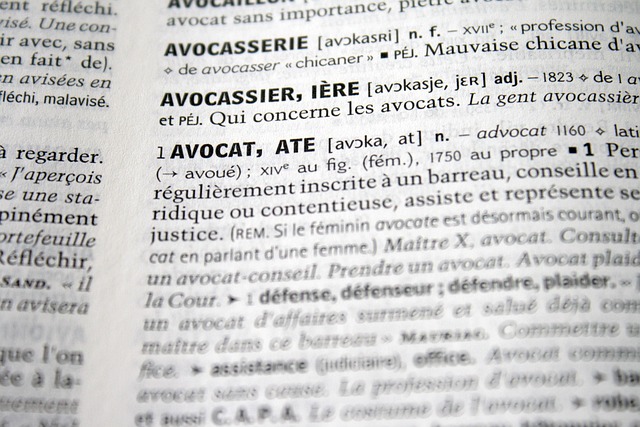
Auto parts manufacturers bear a significant legal responsibility when their products prove to be defective and cause harm. The liability rules established by state laws play a crucial role in shaping the outcomes of defective auto parts lawsuits. These laws dictate who can be held accountable, the types of damages that are recoverable, and the procedures for filing claims.
When a defective auto part contributes to an auto accident causing injuries, a car accident lawyer specializing in such cases can guide victims towards compensation. States may vary in their approach, but generally, manufacturers can be held liable under product liability laws if it’s proven they negligently designed or produced the part, leading to unforeseen and harmful consequences for consumers, including those who suffer auto accident injuries. Moreover, a caregiver’s negligence in maintaining or using these parts can also lead to legal repercussions, especially if it results in further harm to dependent individuals.
When pursuing a lawsuit over defective auto parts, understanding state laws is crucial. Each state has its own jurisdiction and regulations that can significantly impact the case. Consumer protection acts play a vital role in holding manufacturers accountable for unsafe products. Liability rules vary, but they are designed to compensate victims and ensure automotive safety. If you’ve been affected by a defect, consulting with a defective auto parts lawyer is essential to navigate these legal complexities and secure justice.

